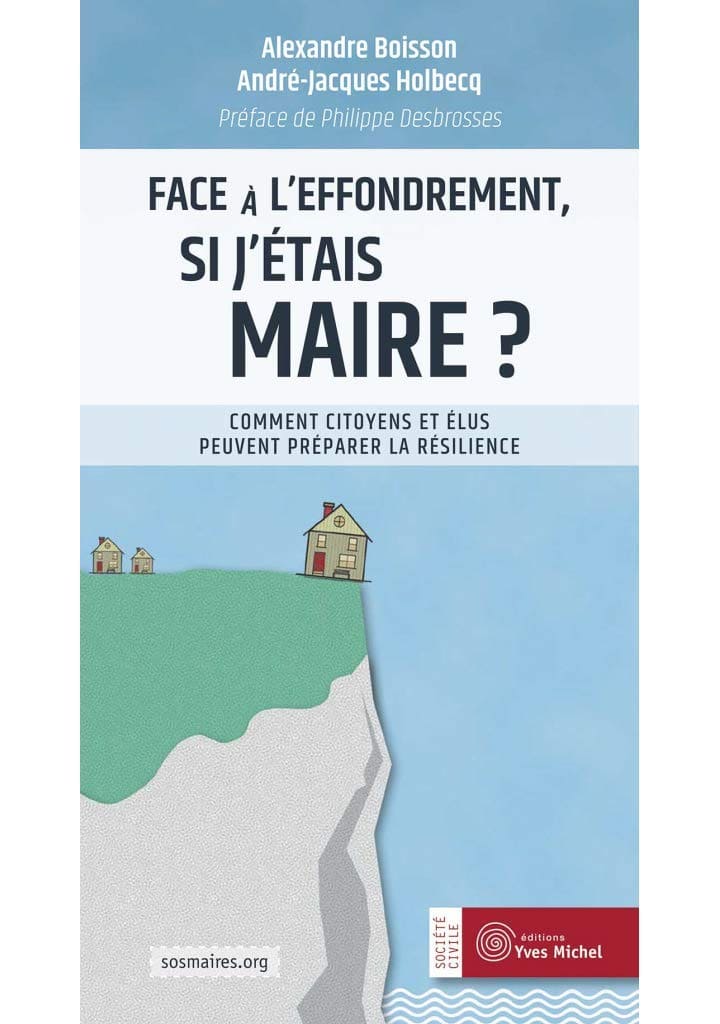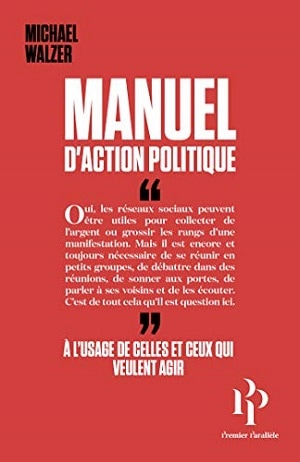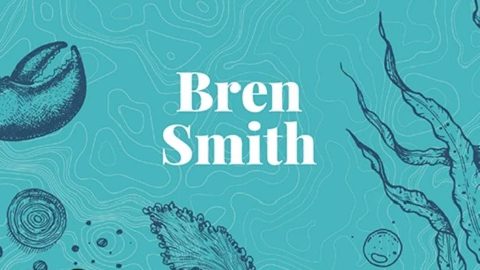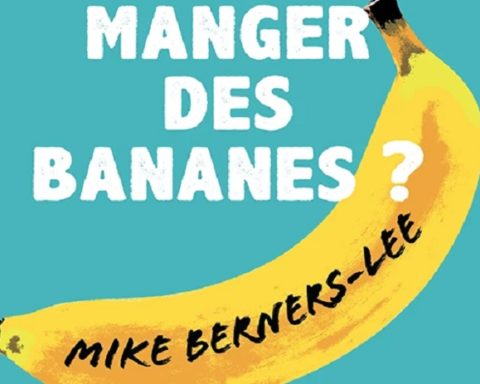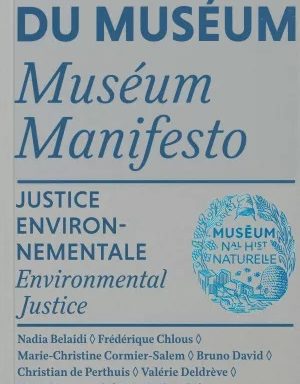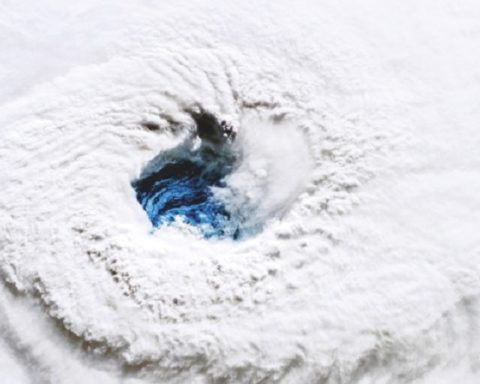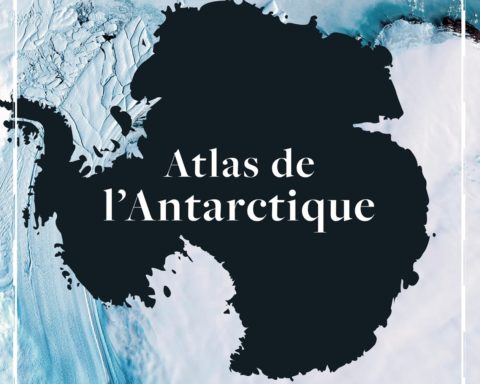Is the book environmentally friendly? Materials, crafts, fiction - By the Association for Book Ecology - Editions WildprojectMarch 2020
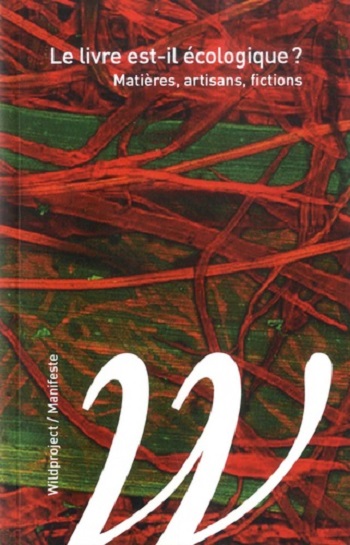 How can you imagine the post-oil books? Publishers, booksellers, authors and foresters are paving the way for a true ecology of the book. Much more than an ebook, the book can be an ecologically virtuous medium.
How can you imagine the post-oil books? Publishers, booksellers, authors and foresters are paving the way for a true ecology of the book. Much more than an ebook, the book can be an ecologically virtuous medium.
But over the last twenty years, the book object and its uses have become industrialized and globalized - concentration of the publishing world, delocalization of printing, the rise of digital technology... This age-old manufactured object is today caught between artisanal and industrial logics.
" A new speed has reached the worlds of the book. A speed which is that of the machine and which makes lose its value in the long time of creation and reading. A speed that gives the feeling to the craftsmen of the book to be more and more enclosed in flow logics."
" Each year [in France], one book out of four remains unsold; and 15 % are bombed. At the same time, widespread relocation of printing has led to the closure of 35 % of French printing plants since 2007, resulting in the loss of 42 % of jobs in the sector. »
" The single book price (Lang law of 1981) certainly makes it possible to defend creative publishing by maintaining a network of independent bookshops. But books have gradually become a commodity whose volumes structure flows that bring a lot of money to only a few - a phenomenon accentuated by the arrival of giants like Amazon. »
" The book can build bridges between people, ideas, countries and times. It is a transmitter of knowledge and imagination, of beauty and emancipation. But it remains a fragile object. As a collective work, its relevance depends on a virtuous ecosystem."
Faced with the new demands of readers, new questions emerge. On which pillars do we want to build the book chain of demain ?
Ecology is the science of relationships and conditions of existence.
Ernst Haeckel, 1866
Entretiens, écofictions and manifestes : booksellers, publishers, authors and foresters invite you to imagine the post-oil book. A generous book that wants to open our imaginations towards an economy that stops destroying life on Earth:
We, actors in the field from the various worlds of the book, question the durability, solidity and relevance of the evolution of the book chains and our professions. By founding the Association for the Ecology of the Book, we have decided to reflect together, in a transversal and interprofessional way, on what post-oil books could be.
The association asks a question simple : what would it mean to produce, publish and distribute the books in a écologique way? What might the book after pétrole look like in twenty or thirty years?
Before public institutions and "big players" add a green sticker or an "organic" sticker on books, we would like to propose another approach, an alternative and complex way of thinking about the links between ecology and books.This book is made to share the actions and reflections that the fifty or so actors of the Association for Book Ecology have been carrying out for more than a year. Together, we have relied on ecological thinking to shed new light on the current problems of the sector. Within these spaces-time, we have sought to open up imaginations and lay the foundations for an eco-responsible transformation of the way works are produced.
This collection is an account of this beginning of collective work. Through a few interviews, ecofictions and manifestos, it seeks to respond to a series of problems (economic, social and cultural) within the worlds of books, which all seem to be intertwined with ecological issues. His ambition is to contribute to inaugurate a fertile collective reflection within the sector.
This book was produced by theAssociation for Book Ecology. The rights to this book are fully paid to the Association, which works interprofessionally on issues of eco-responsibility and bibliodiversity.

